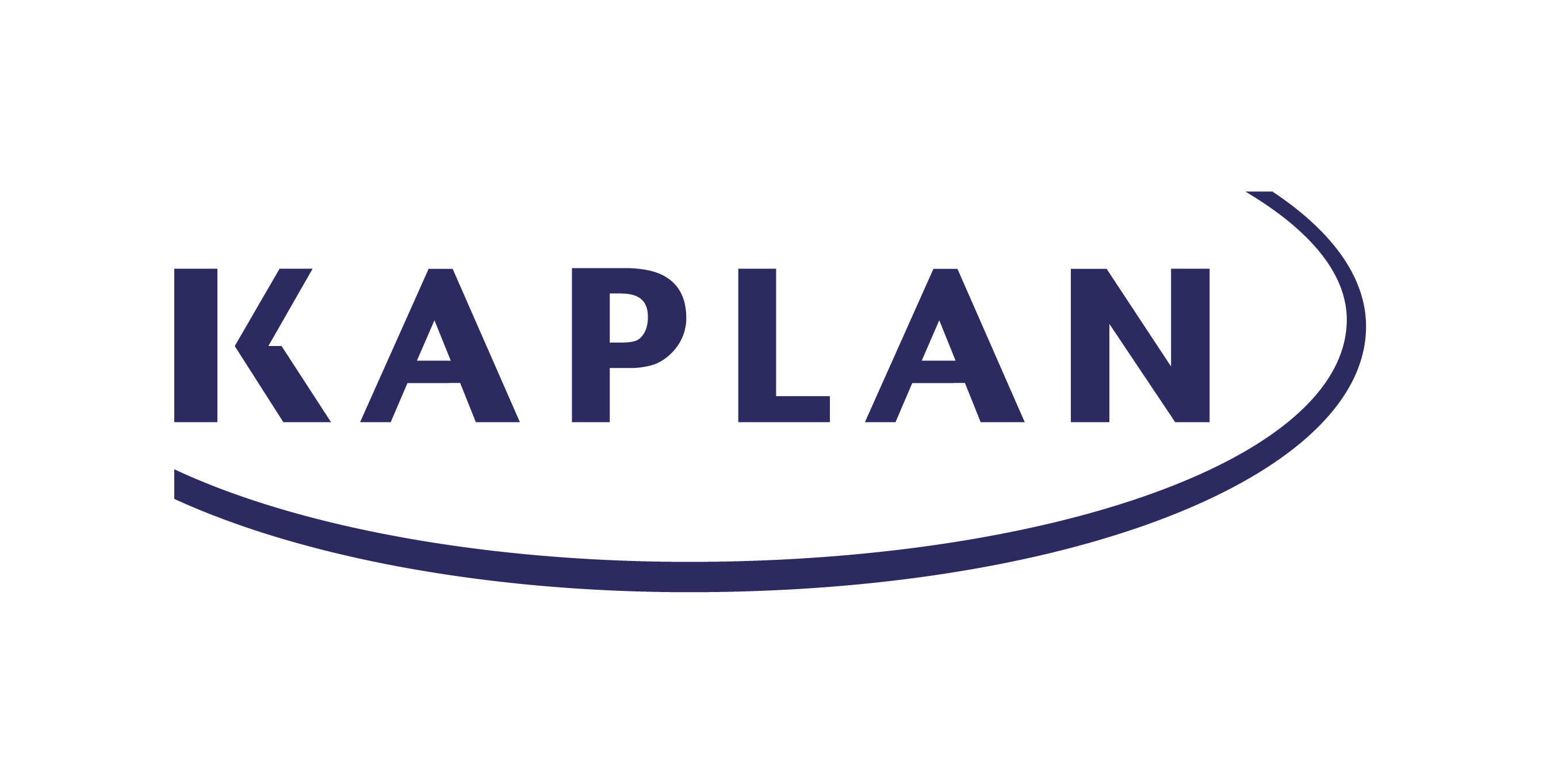Ep. 163: Campus Culture Eats Innovation Strategy for Breakfast
How bottom-up leadership is helping to establish an environment for new ideas.
Last month the State of Maryland announced that it would no longer require a bachelor’s degree in the hiring process for nearly half of its jobs, joining a growing number of companies and other employers. Some people in higher education might view steps like that as a slight, since Maryland and other employers are responding in part to questions about the value of degrees and growing concerns about the cost – and opportunity cost – of earning one.
But in this week’s episode of The Key, Bridgette Gray of the nonprofit group Opportunity @ Work, which is helping Maryland identify non-degreed workers to fill jobs in technology, administration and customer service, describes the market conditions that prompted the state’s decision and why equity was a primary factor behind its move. And Brandon Busteed of Kaplan explains how colleges and universities can respond in ways that not only sustain their relevance but position them better for the coming changes in how learning is likely to happen.
Hosted by Inside Higher Ed Editor Doug Lederman. This episode is sponsored by Kaplan.

Follow Us On Apple Podcasts
How bottom-up leadership is helping to establish an environment for new ideas.
In the latest episode of Voices of Student Success, the University of Texas at San Antonio’s senior director of veteran and military affairs discusses ways to engage and support military-affiliated learners.
Understanding the higher ed work environment and what it means for the future.
In the latest episode of Voices of Student Success, Clark University’s inaugural dean of the School of Climate, Environment and Society discusses the need for the program and its goals.
4/5 Articles remaining
this month.